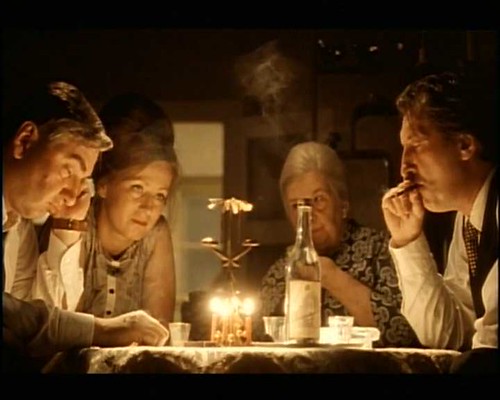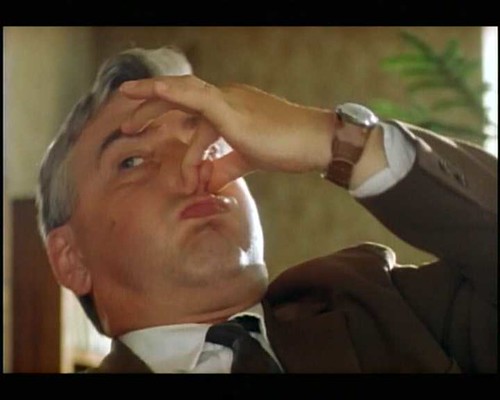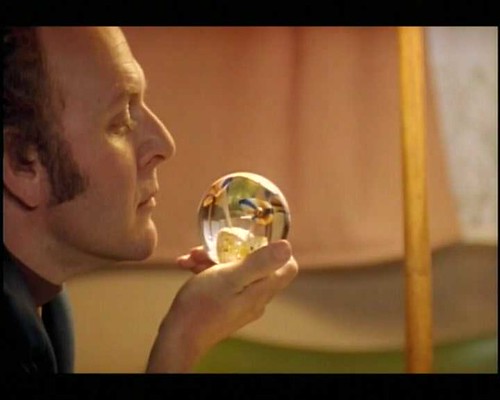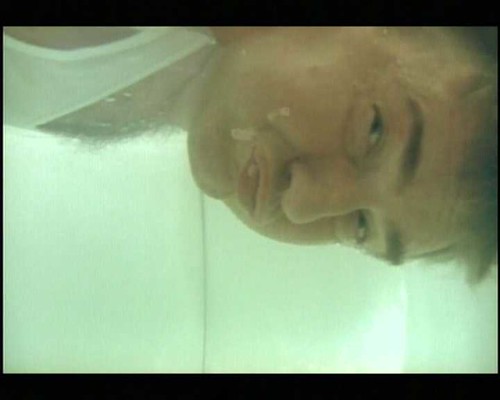Pelisky * * * *

 Pelisky (link to DVD on Amazon)
Pelisky (link to DVD on Amazon)Pelisky is a popular recent comedy from the Czech Republic set in the Communist period. It follows three families in Czechoslovakia over the Christmas holidays 1967/1968 and then the day of August 21, 1968. It has some universal themes: teenage angst or "Help me I've been abducted into the most embarrassing family on earth", the comical joys of dating after 40, and the universal humor of the holiday family gathering. This is a very funny movie that really captures Czech culture and personality -- although non-Czechs will recognize many of these characters from their own extended family. But to understand the movie, you need to have a feeling for the special 1967/1968 years in Czechoslovakia that these characters were living through.


Post WW2, the liberation of Czechoslovakia from the Nazis by The Red Army led to an immediate strengthening of the political power of the local Communist Party, and in February 1948, sensing loss of popular support right before the upcoming elections, the Communist Party of Czechoslovakia staged a political putsch in which the country became a hard-core Stalinist state. A bloody period of 1950's ensued: purges, executions, uranium mines, labor camps, collectivization of the farms, confiscation of property, fall of currency and confiscations of life savings. For many young people, however, it was also a period of great optimism and hope about the upcoming new world order. Those who did not share the optimism quickly disappeared: the lucky ones "over the hills"; the unlucky ones "behind bars"; and the rest of the land quickly became grim and mum.
In the late 1950s and early 1960s, Czechoslovak Communism became somewhat less lethal, but a long-term period of strict censorship of all forms of public expression was kept in place. Only approved writers were able to publish works written in the so-called socialistic realism. The economy collapsed and the only question was how far it could fall. Czechoslovakia was integrated into the Warsaw Pact, and industry was restructured to support the Soviet side or arms race. Life became an endless sequence of demonstrative meetings and October Revolution celebrations. People were controlled via their children: "... But how can we let your child into high school, when your granny goes to church every Sunday?" Borders were practically sealed; for every successful escape there was one who died in the attempt. All had personal dociers, just as all had a class origin -- labor, working intelligentsia, burgeous/kulak -- in steeply increasing order of severity from fine to extremely bad.
In 1967, a period of thaw began. It started at a writers' conference about Franz Kafka and for about a year the warmth propagated rather imperceivably, through the upper echelons of the society. The common folk only sensed that, somehow, the grim was not as grim as before, the gray not as oppressive as before, and cracking jokes not as dangerous as before. In 1968, the Communist Party of Czechoslovakia changed leadership to that of Alexander Dubcek and begun a conscientious, controlled process of liberalization. The period of Prague Spring begun and the initially controlled process quickly snowballed. Political trials of 1950s were reopened, accused were rehabilitated, many posthumously. Writers' and movie makers' opened their drawers as suddenly as they were permitted to publish their stored works; many old actors and actresses were allowed back to the stage or film again. "We do not need democratization, we just need democracy..." declared Jan Werich, an actor, writer, and philosopher; probably the most respected and beloved man in the country.
 This all ended the night from 21-22 August, 1968. Overnight the tanks of six Warsaw Pact countries squashed the Prague Spring. It was officially labeled brotherly help from Comrade Armies, and it returned Czechoslovakia to strict control, reeducation, and censorship for another twenty plus years.And yet through all this, Czechs and Slovaks never lost their sense of humor. In fact, the situation in many ways inspired humor. Those comic individuals who can poke fun in the darkest situations are who keep everyone else sane.
This all ended the night from 21-22 August, 1968. Overnight the tanks of six Warsaw Pact countries squashed the Prague Spring. It was officially labeled brotherly help from Comrade Armies, and it returned Czechoslovakia to strict control, reeducation, and censorship for another twenty plus years.And yet through all this, Czechs and Slovaks never lost their sense of humor. In fact, the situation in many ways inspired humor. Those comic individuals who can poke fun in the darkest situations are who keep everyone else sane. This is the setting of this movie.
[Written jointly with my husband]
The DVD of this movie has English subtitles, but it's hard to get outside the Czech Republic. www.czechmoviehouse.com seems to have it or go to www.dvdr.cz (but you need to read Czech). Sometimes you'll find it for sale on www.eBay.com;
Pupendo is a sort of follow-up to Pelisky by the same director.
Click on the tag, Czech, below to see reviews of other Czech films.
Labels: communist era, Czech

<< Home